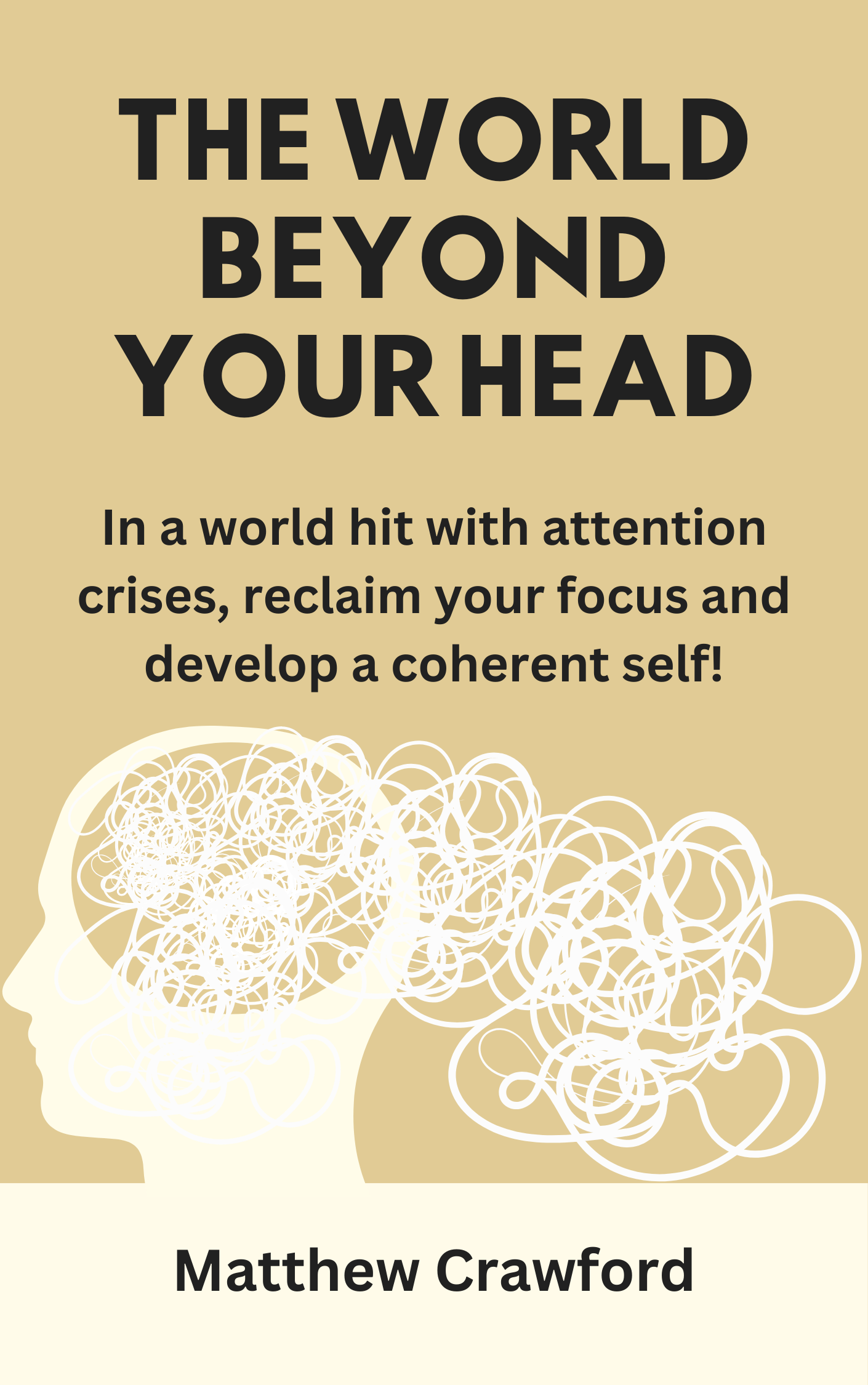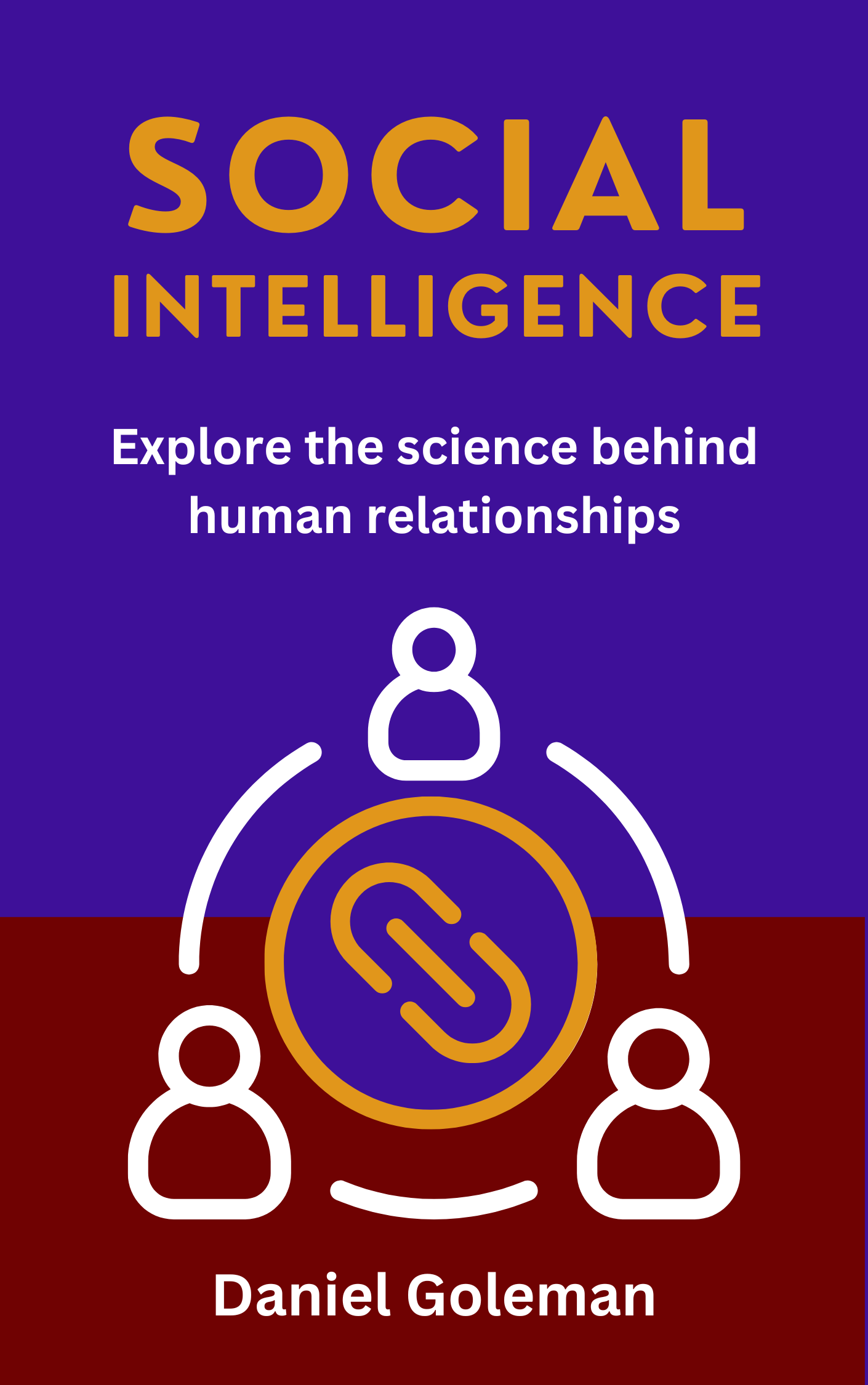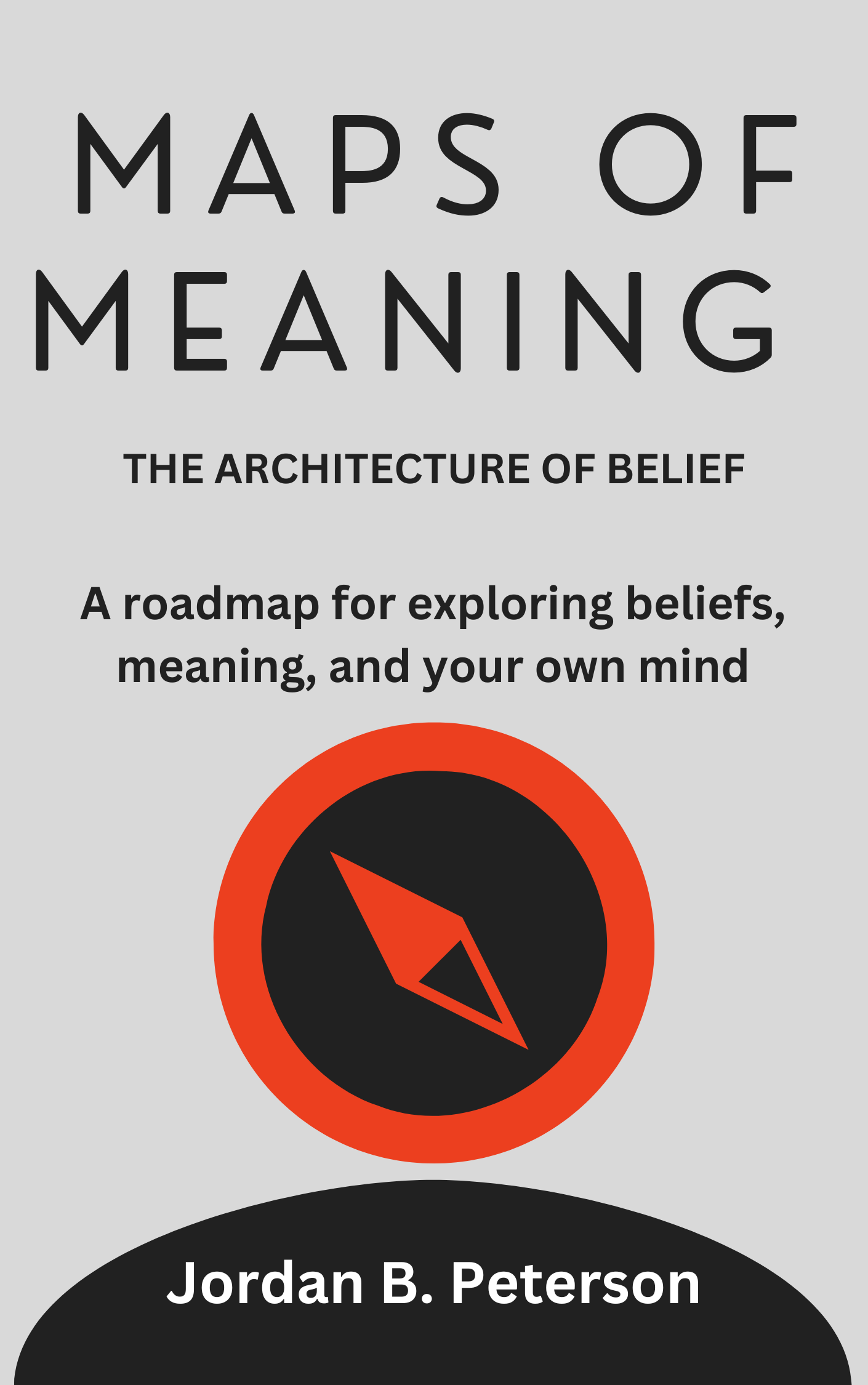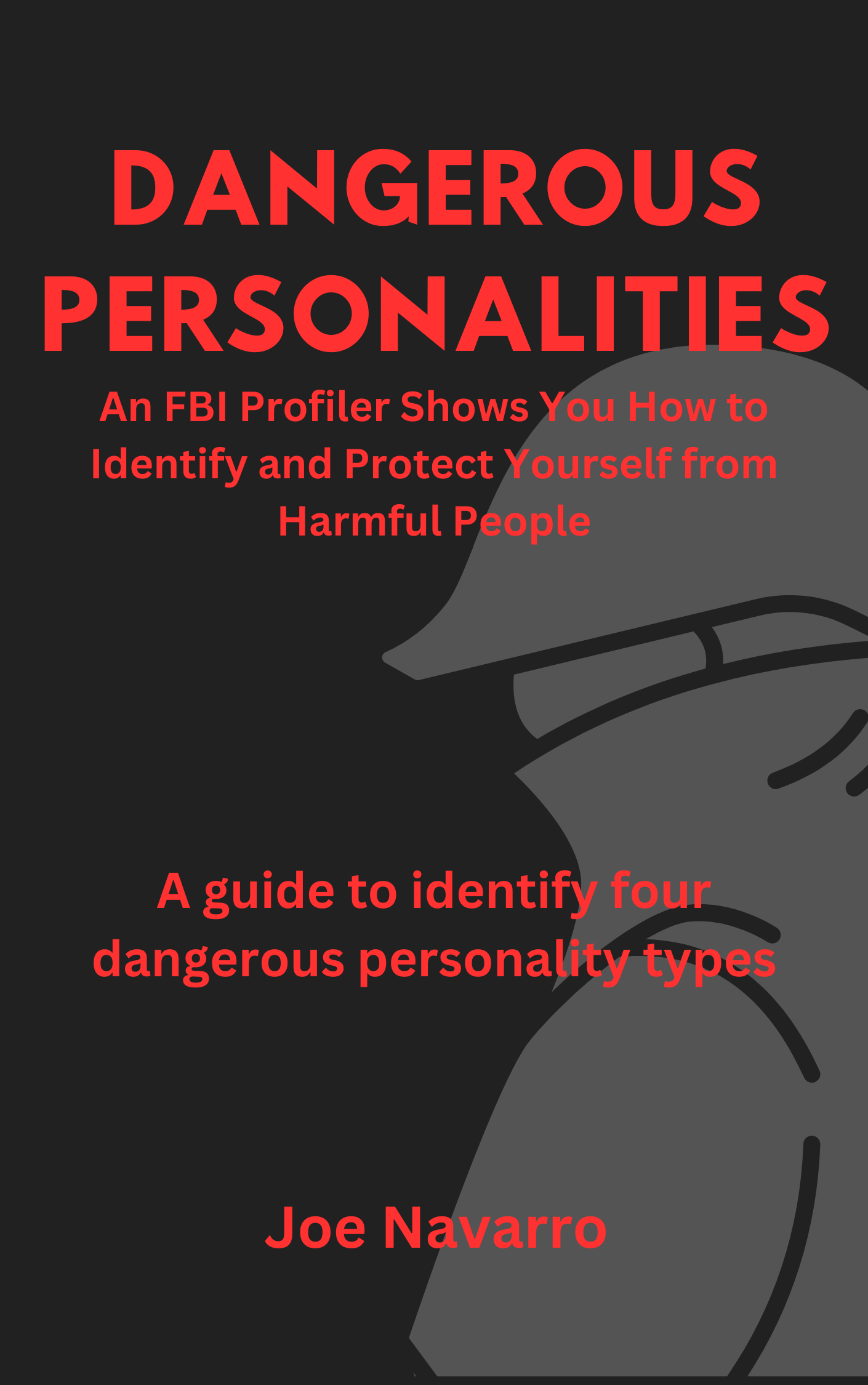Introduction
The World Beyond Your Head! Sounds like a sci-fi flick, doesn't it? Well, it’s not! It is more of a guide. On Becoming an Individual in an Age of Distraction as the author Matthew Crawford himself puts it. In today's world, we are oh so busy with our phones, laptops, and what not. Our attention spans are shorter than ever, and our minds mechanized like robots, engrossed in screens in front of us, devoid of any connection to the outside world. That JUST won’t do. So, rising to the challenge of helping us find focus amidst all this, is Crawford. He’ll help you explore how paying attention to our thoughts, feelings, and the way we see the outside world can change our lives. He uses ideas from philosophy, psychology, and meditation to show you new ways of thinking. Like mindfulness. And awareness! It’s a whole new light, people!
So, get ready to dive into some biggie ideas, some practical tips and a whole lotta wisdom to help you break free from old habits and discover a world full of possibilities.
The Science Behind Concentration Challenges
Shape Your Context. Shape Your Concentration
Okay, we’re gonna make this very simple. You wanna manage distractions, you change the context! Context dictates your every decision. Literally! From the outfit you chose today, to the retirement plan you’ll take at 60, it’s all decided by the context. Specifically, the context in which the choices are presented to you. Consider grocery shopping. Marketers, with their deep understanding of human behavior, employ strategies to sway consumers. They invest in placing products at eye level in supermarkets because they know that what catches people's attention first often ends up in their shopping carts. Manipulating context! What you choose to order on date night? All dictated by context. Example, you’re more likely to order dishes with vivid and enticing descriptions, even if they are not the most practical or healthy choices. Point being, context can manipulate you. Which we can also take to mean that context distracts you! See where we are going with this? You need to learn to control the context.
Craftsmen, such as skilled cooks and blacksmiths, are adept at controlling their work environment to enhance productivity. A seasoned cook, for instance, arranges ingredients strategically before cooking to avoid getting distracted with searches later. THAT’S what you need to do, too. Create an environment that fosters concentration. Some tips? Reduce sensory distractions that could divert your focus from your objectives. Or, position frequently used items based on your natural movement patterns. Another one, develop environmental cues that automatically trigger focus states. Get a desk lamp and light it whenever you start studying. Eventually, every time you switch it on, it'll signal to both brain and body that it's deep learning time. Manipulate like a champ!
Moving on! We promised at the very beginning to help you develop a coherent self. Remember? Let’s get started on that.
How Humans Really Master Skills
Managing distractions is not all there is for impressive human performance & focus. There's more to the story - it's about how we become one with our tools and environment. Take NHL star Alex Ovechkin, who treats his hockey stick like an extension of his body. He uses it to shoot, pass, get up after hits, and even opens doors with it. His stick isn't just equipment - it's part of him.
This deep connection shows up everywhere. When you learn to use a new tool, at first you focus on how it feels in your hand. But with practice, something fascinating happens - you stop noticing the tool and instead directly feel what it's touching. Like a blind person with their cane who feels the sidewalk, not the handle. So, how do you master skills and tools? Simple, keep practicing. That’s how you make your brains actually treat well-practiced tools as parts of our body. Confused? Consider this: When you look at a tree, you don't just see a flat image like a photograph, right? Your brain combines your movement, previous experiences, and current view to understand the whole tree, even parts you can't see right now. The same process helps us master tools - through active practice, not just passive observation.
True skill isn't just about concentration. It's about becoming so integrated with our tools and environment that they fade into the background. That’ll give you deep focus! And each small victory will expand your sense of self. When a tool becomes part of us, frustration turns into freedom!
Now the next thing you need to understand is how different this is from our modern approach to learning and doing – understanding this will allow you to develop a more coherent, real, connected self.
Struggle Makes Us Stronger
So integration with our tools and environment is the key to skill building. And even knowing that, it won’t come easy. Makes you wonder why, right? Before we answer that, here’s something we want you to do: Watch a toddler refuse to wear shoes on a freezing day, then see how an adult automatically reaches for a coat before heading out. Why does a toddler do that? Toddlers have pure will. Adults have a reality-shaped will. They work with reality rather than against it.
Another thing is, experience shaped wisdom. A skilled motorcyclist doesn't just understand cornering in theory - their whole body knows the physics, feels the road, and becomes one with the machine. This is called cognitive extension and this deep knowledge only comes from thousands of moments where reality pushed back and taught valuable lessons. This kind of learning shapes not just what we can do, but what we want to do. As we master new skills, we discover new possibilities - the motorcyclist sees roads differently, the chef spots ingredient combinations others miss. These aren't just abilities; they're new ways of seeing and thinking that emerge from direct engagement with the physical world. And you get to this point, when you struggle; when you’re challenged.
Now, modern technology makes you skip this crucial struggle. We've built a world of instant solutions and perfect tools, where AI and automation smooth away all friction. While convenient, this approach misses something vital. It makes everything unchallenging. You do nothing with complete attention or even interest. Everything is a chore; certainly not something you’d want to practice again and again. And that’s what interferes with the integration. Just as you can't become a real chef by only following recipe apps, genuine mastery in any field requires embracing those frustrating moments when reality refuses to cooperate. These aren't setbacks - they're the very heart of learning. That’s what gives you feeling of accomplishment and satisfaction, which would in turn help with integration. Pretty, how it’s all connected!
What else is connected? That our effortless modern lives are coming at a cost. So let’s look at other ways we’re losing our authentic selves and what we can do about them.
Modern Life Lures Us into Autopilot
In Las Vegas, paramedics face an unexpected challenge: gamblers who won't budge from their machines, even as someone nearby needs urgent medical attention. This bizarre scene speaks volumes about our relationship with technology and control in today's world. Ever seen those tablets that toddlers can’t resist? It's not so different from a slot machine. Both offer a predictable cause-and-effect that's oddly comforting in our chaotic lives. Press a button, get a response. Simple, right?
But this comes at a cost. Just as a child might throw a tantrum when the toy is taken away, adults engage in extreme behaviors and prolonged sessions of disconnection from reality to feel some sense of calming control. Why are we drawn to such experiences? As our world grows more complex, with forces beyond our understanding – like your cubicle jobs where the chain of cause and effect is not apparent – we crave pockets of predictability. It's like we're all becoming a bit autistic seeking out repetitive, controllable activities to escape the overwhelming unpredictability of life.
Unfortunately, the gaming industry has capitalized on our desire for these manufactured certainties. Casinos now rely heavily on machine gambling, with local "repeat players" as their most profitable demographic. What does this say about our society? As our lives become increasingly abstract we may be seeking out these controlled experiences as a balm. And anything that needs us to get off that auto-pilot, we avoid. It’s instant gratification, or nothing.
In doing all this, we’re losing our real self. More on it next.















